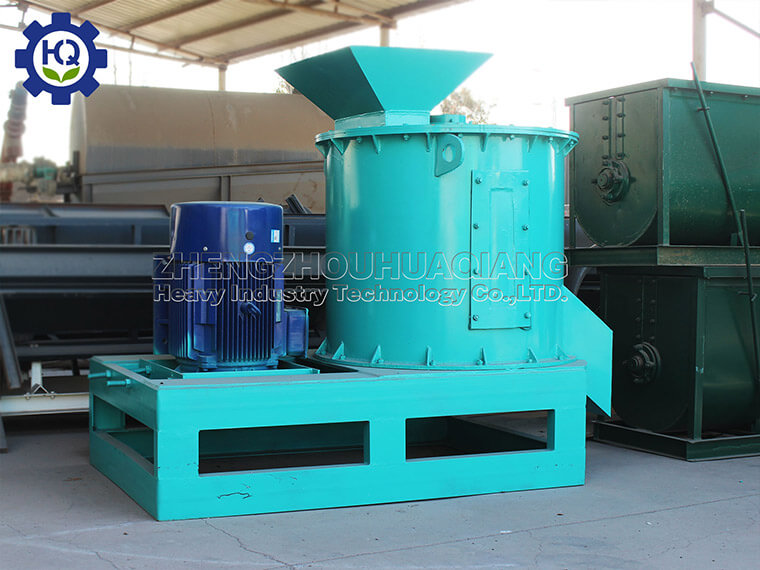There are many types of organic fertilizer crushers, including vertical crushers, chain crushers, semi wet material crushers, urea crushers, straw crushers, new straw crushers, etc. The selection of a suitable pig manure organic fertilizer crusher mainly depends on several aspects such as production scale, material requirements, and operational requirements. Now let me give you a detailed introduction.
Firstly, according to the scale of production, pig manure organic fertilizer crushers can be mainly divided into three types: small, medium, and large. The small pig manure organic fertilizer crusher is suitable for small family farms or individual operators, with a general processing capacity of 1-2 tons/hour; The medium-sized pig manure organic fertilizer crusher is suitable for medium-sized factories or farms, with a processing capacity of 2-5 tons/hour; Large scale pig manure organic fertilizer crusher is suitable for large factories or farms, with a processing capacity of over 5 tons/hour.
Secondly, according to material requirements, the pig manure organic fertilizer crusher can be divided into two types: stainless steel and carbon steel. The stainless steel pig manure organic fertilizer crusher has corrosion resistance and is suitable for processing pig manure containing more acidic and alkaline components, while the carbon steel pig manure organic fertilizer crusher is more wear-resistant and suitable for processing pig manure with strong viscosity.
Finally, according to operational requirements, the pig manure organic fertilizer crusher can be divided into two types: manual and automatic. The manual pig manure organic fertilizer crusher requires manual operation and is suitable for places with simple operation and sufficient human resources; The automatic pig manure organic fertilizer crusher has automatic control function, suitable for situations with high work intensity and complex operation.
In summary, selecting the right pig manure organic fertilizer crusher requires comprehensive consideration of production scale, material requirements, and operational requirements.